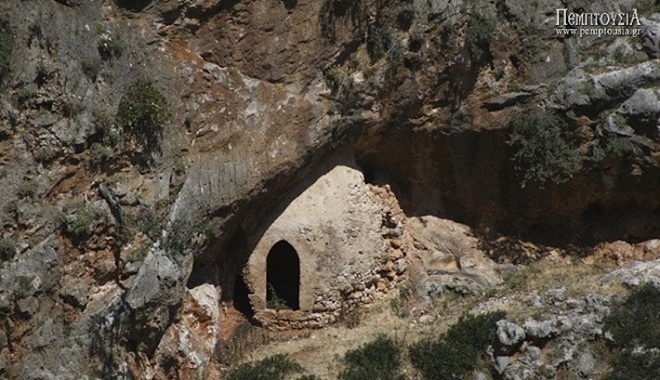Saint John the Carpathian: justly falling into sin
30 August 2021‘Should it happen that a host of coarse thoughts rises up against you and you give way and are defeated, you should be aware that you’ve separated yourself temporarily from divine grace. This is why you were allowed to fall, by righteous judgment. So strive to remain always close to God’s grace and never distance yourself from it through negligence’ (Saint John the Carpathian).

The above passage, from what are known as the consoling texts of our saintly and God-bearing father John the Carpathian, transports us into the climate of the joyous paradise of the Philokalia of the holy niptic fathers. What does the saint reveal to us of his many years of living the spiritual Christian life as an ascetic? The cause of our being dragged into the whirlwind of crude thoughts. This is a really wretched condition, which he describes in terms of a rebellion, one which often leads to us retreating and being defeated. We welcome these wicked thoughts and our soul gladly turns towards them. The saint isn’t talking about the attack to which all spiritual people are subjected in their thoughts, which come from the devil but find a vacant and desert place a wall, shield and resistance on the part of careful Christians. In this instance, they become the occasion for further progress in their spiritual ascent. He’s referring, rather, to the relaxation which can occur in the development of Christians, a failure to recollect God, a departure, even temporarily, from the struggle to observe his holy commandments.
And he notes the result of this relaxation: separation from divine grace and, therefore, a plunge into the realm of the evil one. Essentially, the experience the saint is describing is another way of expressing what the Lord meant when he said: ‘Those who aren’t with me are against me’. In other words, there’s no middle position, like a neutral zone, in the spiritual life. You’re either always with Christ and make your way beside him or you leave him, even if only temporarily, and you fall. And that, of course, brings us to what the saint urges at the end of this short passage: you mustn’t be negligent even for a moment, or else you’ll separate yourself from God and from his grace. This is like the exhortations of many other saints of our Church, such as Saint Symeon the New Theologian, who stressed that: ‘if you want to make progress, you have to monitor your conscience all the time’. Or the recently canonized Saint Sophrony the Athonite who reminded us: ‘if you neglect your relationship with God, he will likewise neglect you’. Our responsibility for our spiritual life is enormous, precisely because we aren’t robots, machines or slaves, but ‘partners with God’, as images of him.






